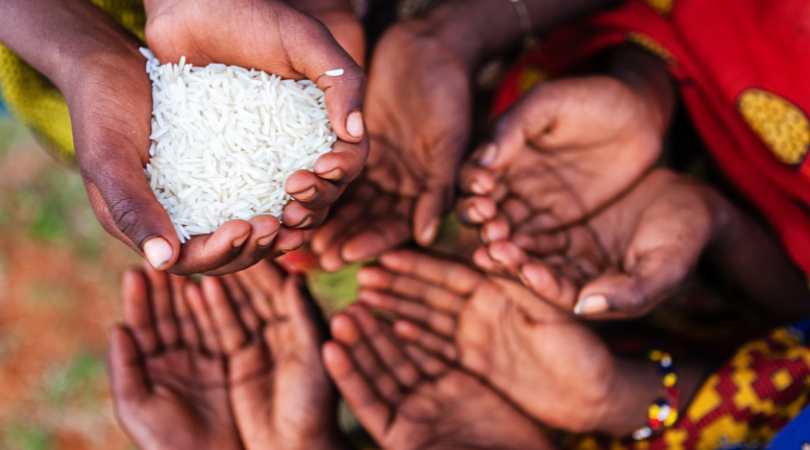Starvation is not just a crisis, it is a call for smarter, traceable solutions.
South Sudan is once again on the brink of a humanitarian crisis, with experts warning of a looming famine driven by ongoing conflict, climate shocks and disrupted food supply chains. Flash floods, poor harvests and continued insecurity have left millions without reliable access to food, pushing families deeper into hunger and malnutrition. Humanitarian agencies are raising the alarm, calling for urgent intervention before the situation spirals further out of control.

The country’s fragile infrastructure and limited access to remote areas have made food distribution a major challenge. In many regions, aid is slow to arrive or does not arrive at all, due to poor coordination and a lack of reliable tracking. This is where traceability systems can make a life-saving difference. By monitoring the journey of food supplies from warehouses to local communities, aid agencies can better manage logistics, reduce losses and ensure that the most vulnerable populations receive timely support.
Additionally, traceability helps prevent the diversion of relief goods, a problem that has historically plagued many crisis zones. It ensures transparency and accountability, giving donors and stakeholders confidence that resources are being used as intended. In a country where every grain counts, having accurate data and visibility can transform how aid is delivered.
As South Sudan faces yet another hunger emergency, the need for smarter systems becomes clear. With traceability, the country can improve response times, protect supplies and bring a measure of stability to a food system under immense pressure.
